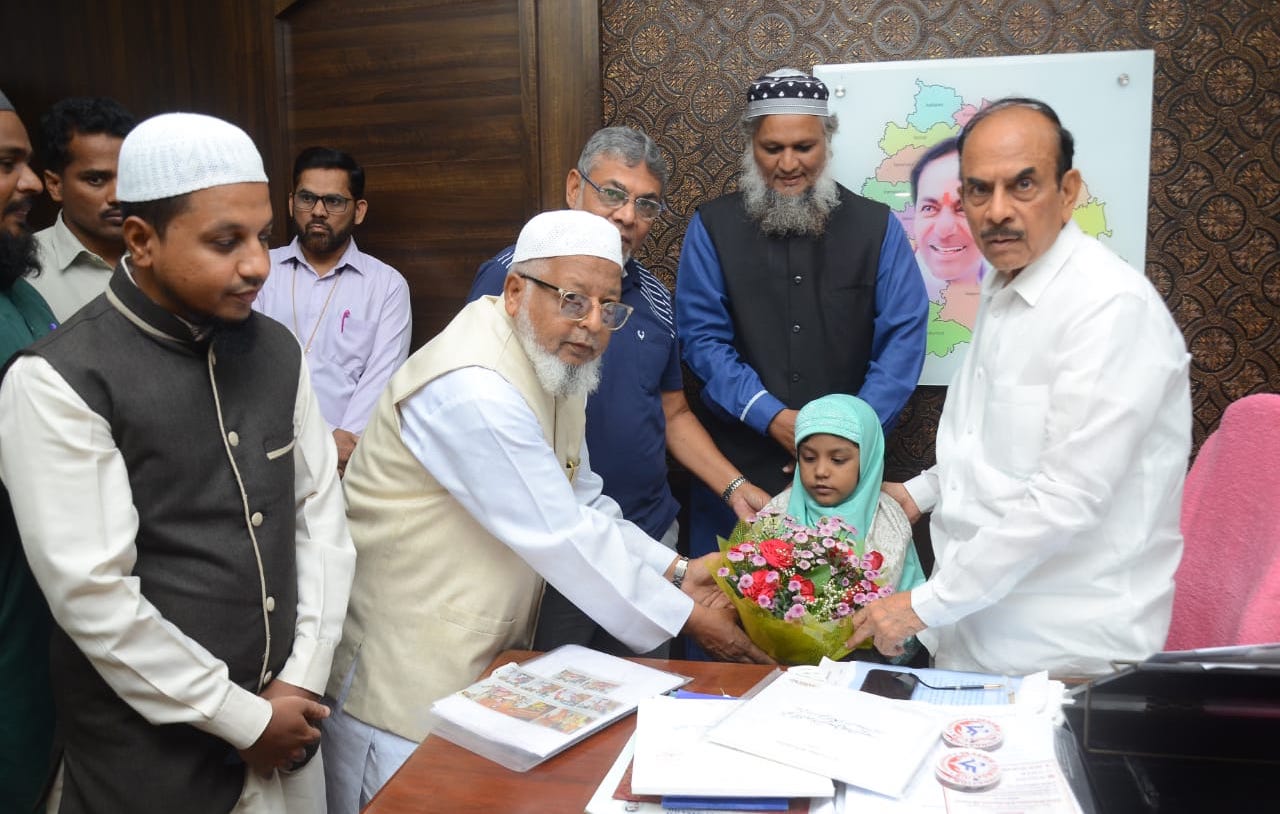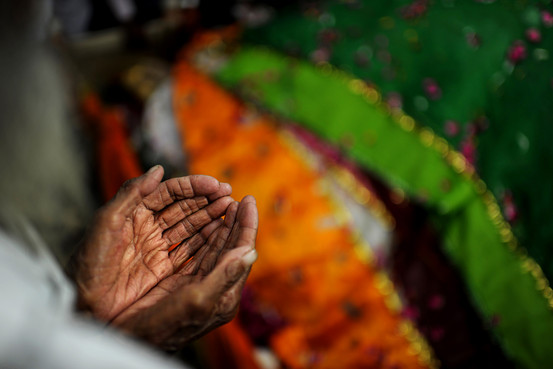While Islamophobes are burning Qur’an, this 5 yo girl memorised the Holy Qur’an
Last week, 2.8 billion Muslims all over the world were distressed and…
Islamophobia is linked to Love for National Home, argues renowned Professor Irfan Ahmad
One thing common among most authoritarian states in West as well as…
Left Islamophobia: A Critique of Shamsul Islam’s writing on Tablighi Jamaat
Shamsul Islam is a former professor of political science at the University of…
Vicious Cycle of Islamophobia
Ram Puniyani We are going through strange times. While the science, technology…



